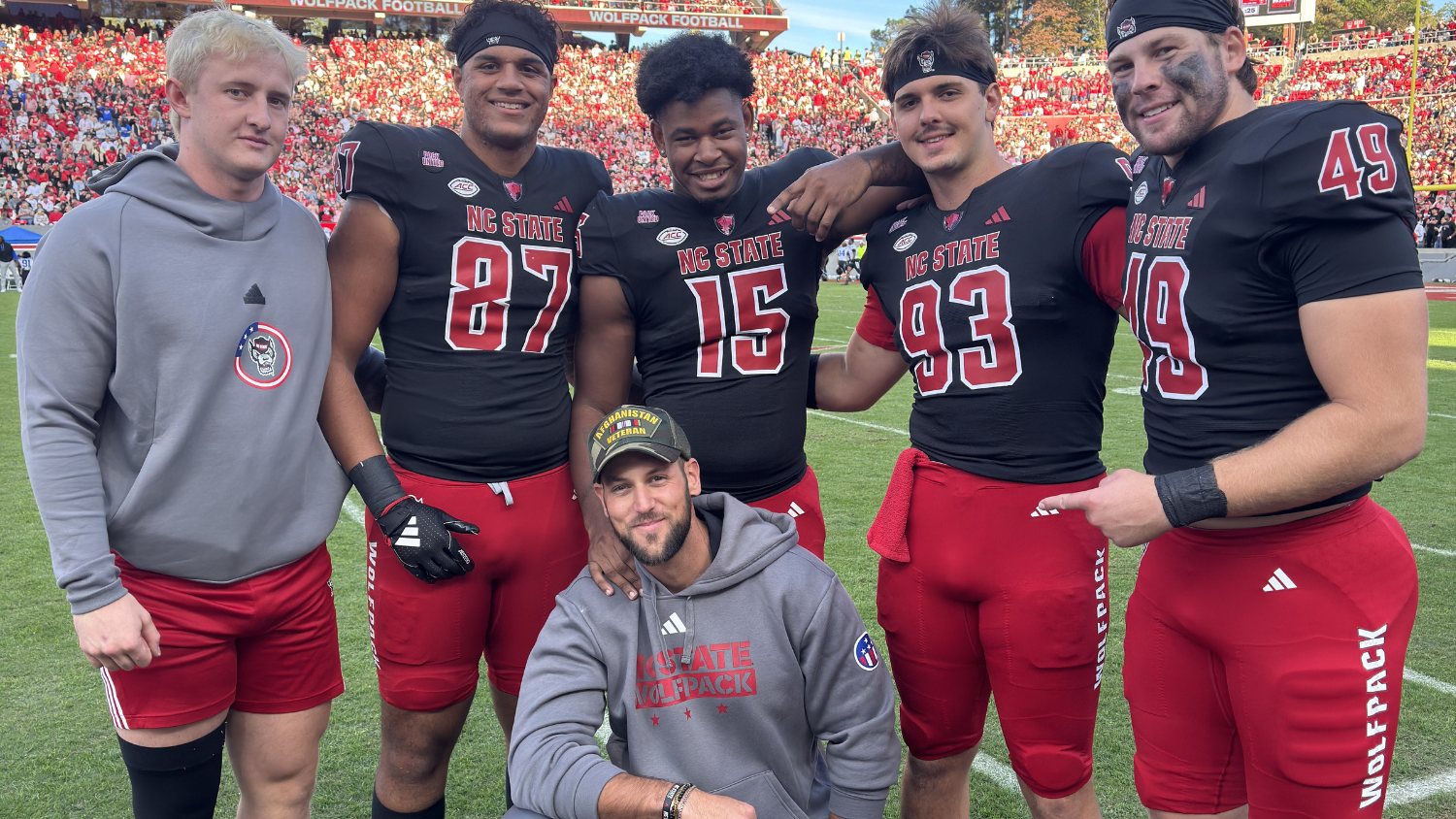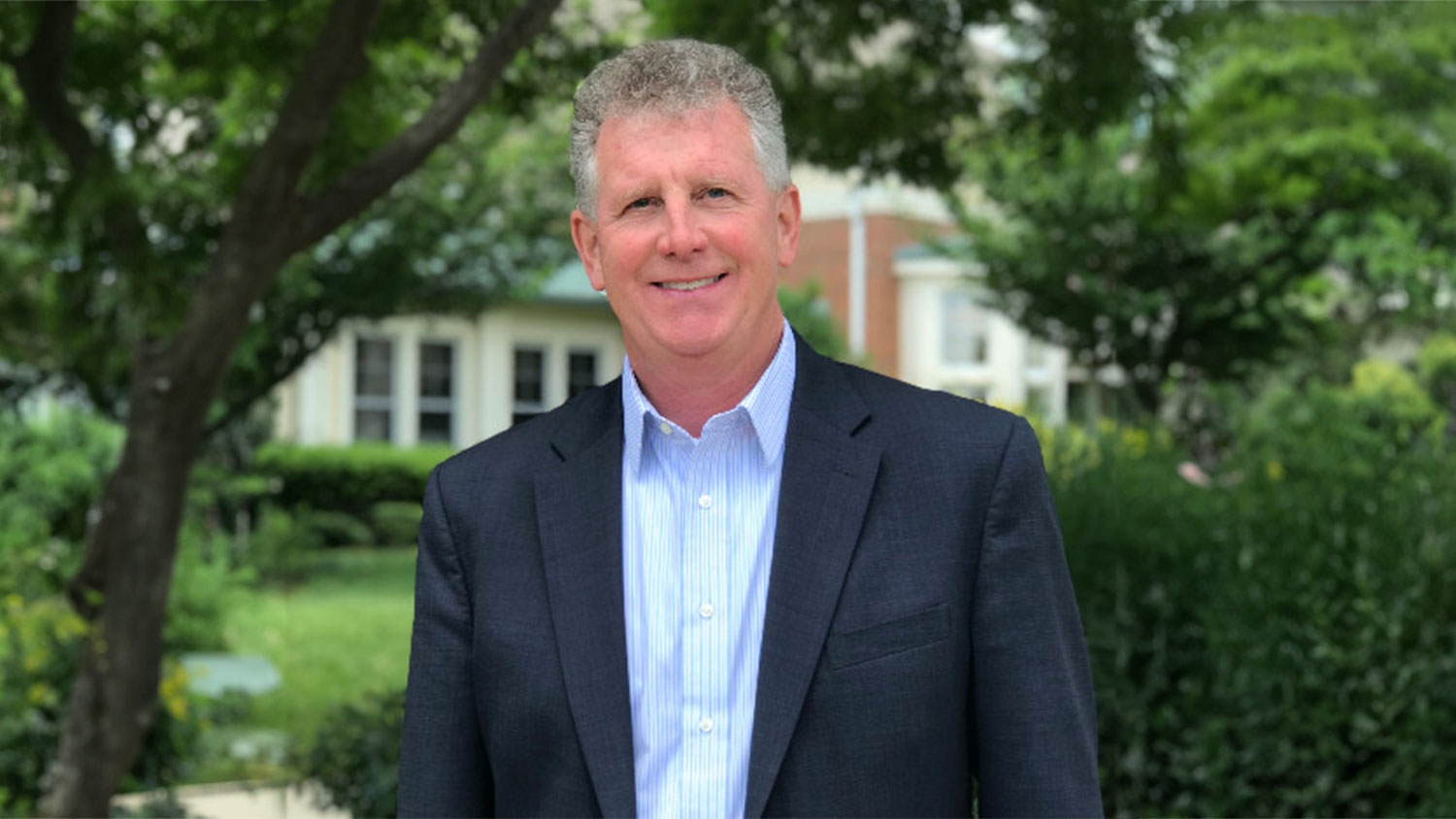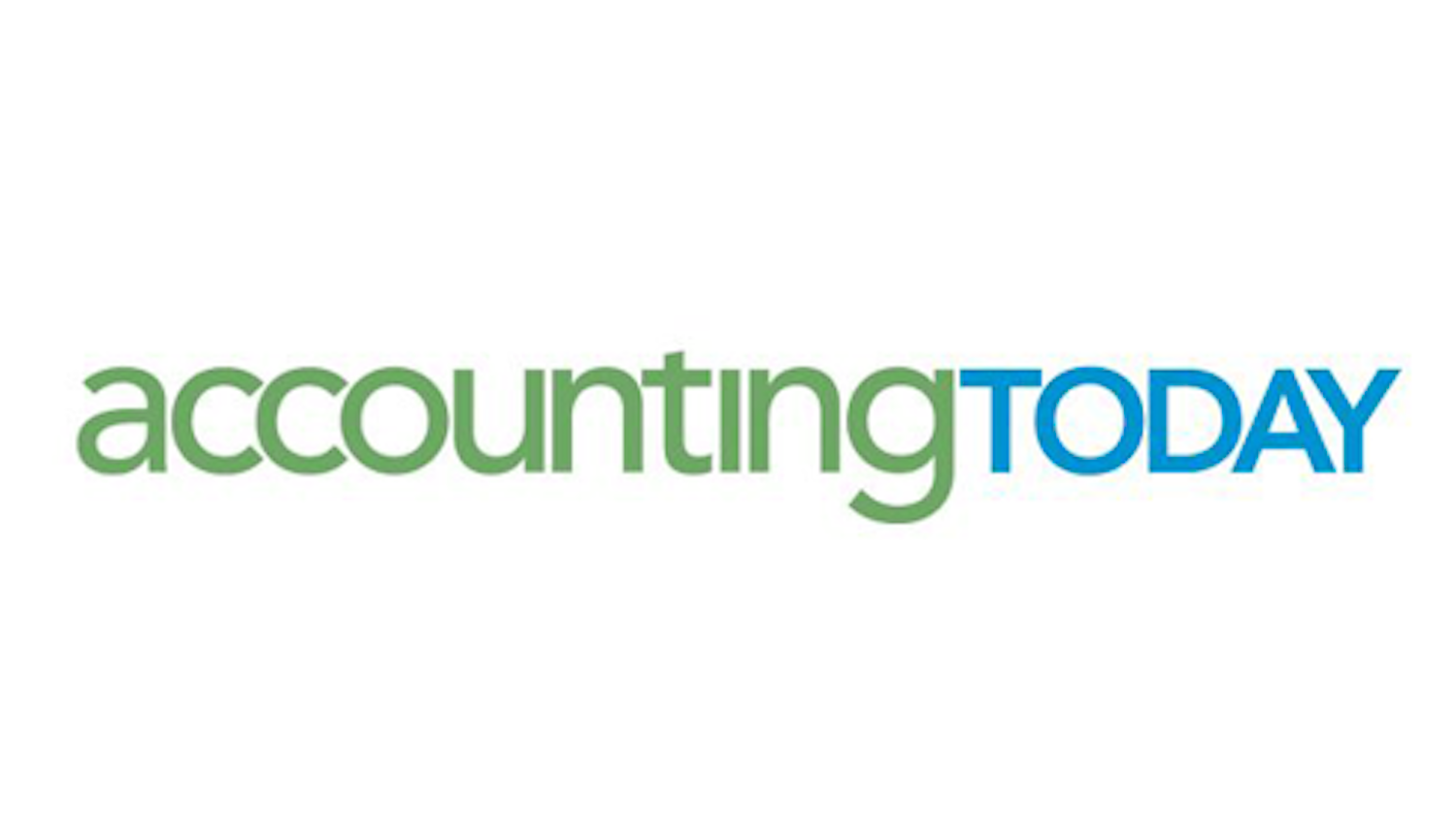ERM Roundtable Summit Brings Together Risk Management Leaders From Across the U.S.
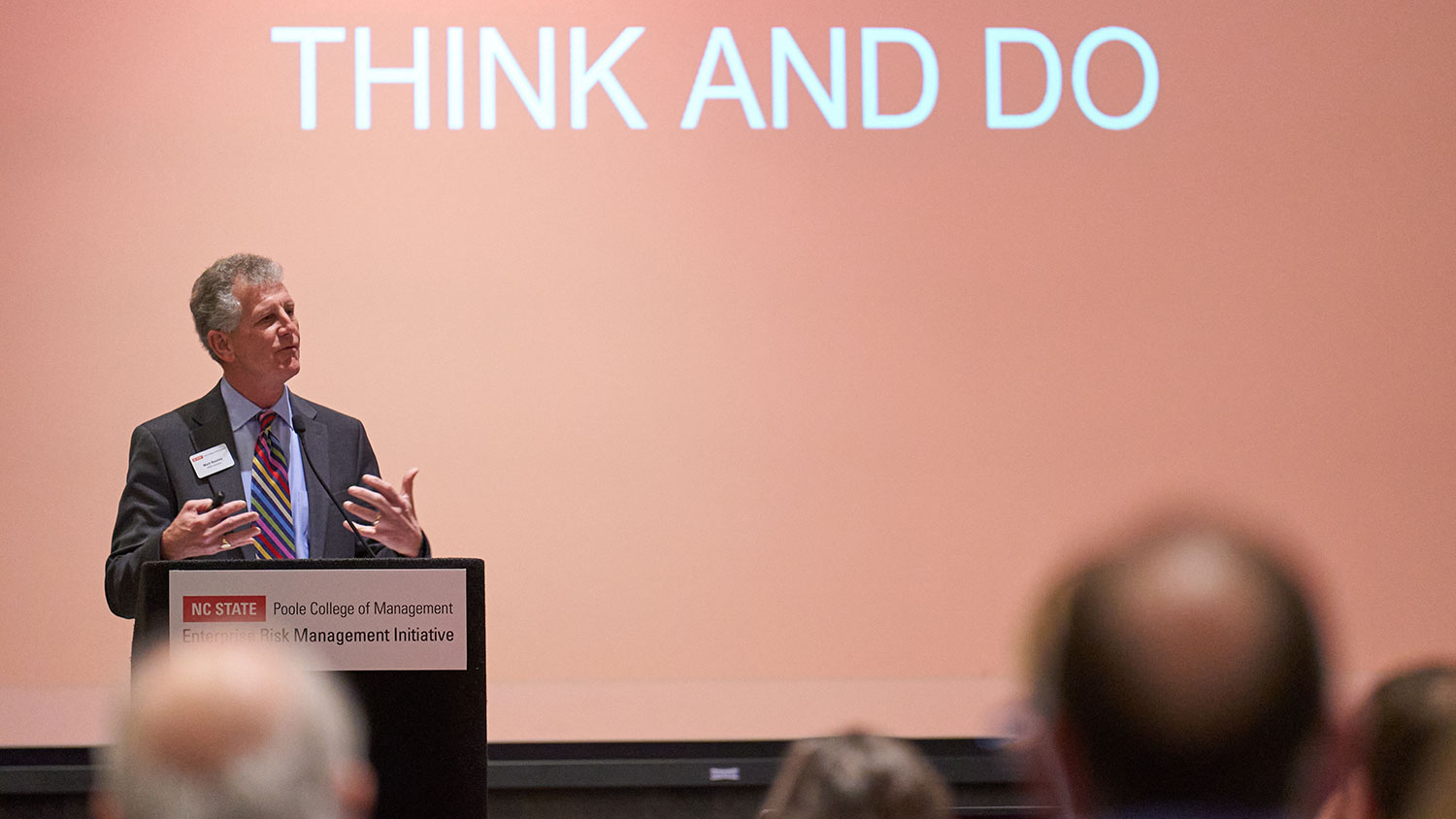
— Samantha Beavers
Cybersecurity. Regulatory compliance. Labor shortages. Natural disasters. There are endless risks that can impact an organization, and the companies that will gain a competitive advantage are the ones that can successfully anticipate, plan for and navigate these disruptions through robust risk management programs.
And that’s why events like Poole College of Management’s annual Enterprise Risk Management (ERM) Roundtable Summit continue attracting leading risk management professionals nationwide.
This year’s event, held at the Renaissance Raleigh North Hills Hotel on April 27, included more than 200 attendees from leading organizations such as Delta Air Lines, General Motors, KPMG, Lockheed Martin, McDonald’s Corporation, MD Anderson Cancer Center, Target and more.
“Our goal through the ERM Roundtable Summit is to advance thought leadership by connecting rigorous academic research with what’s actually happening in the real world,” says Mark Beasley, Alan T. Dickson Distinguished Professor of Accounting and director of the Poole College of Management ERM Initiative. “We want to connect theory and practice and let both inform the other. And, we want to make sure we’re thinking about risk in the context of strategy. Risk and strategy are two sides of the same coin and we use thought leadership to connect them.”
Presenters included risk executives from Caterpillar, Finastra, The Coca-Cola Company, GuideWell Mutual Holding Company and more.
Shankar Kumar, director of corporate strategy and enterprise risk at Caterpillar Inc., gave the first presentation on enhancing the strategic connection of ERM and strategy by sharing practical insights about how Caterpillar’s ERM process is interconnected with its strategy.
“Because Caterpillar is a very large, global organization, incorporating ERM can be challenging. But we’re on a journey to make sure that ERM is value-creating,” he shared. “ERM adds value to an organization when others see that what you’re doing is useful to their day job. If what someone shows me has utility for me, I’ll be interested. So, as you think about your business leaders, you have to remember that their list of operational duties is long – and your ability to help them out drives appreciation over time.”
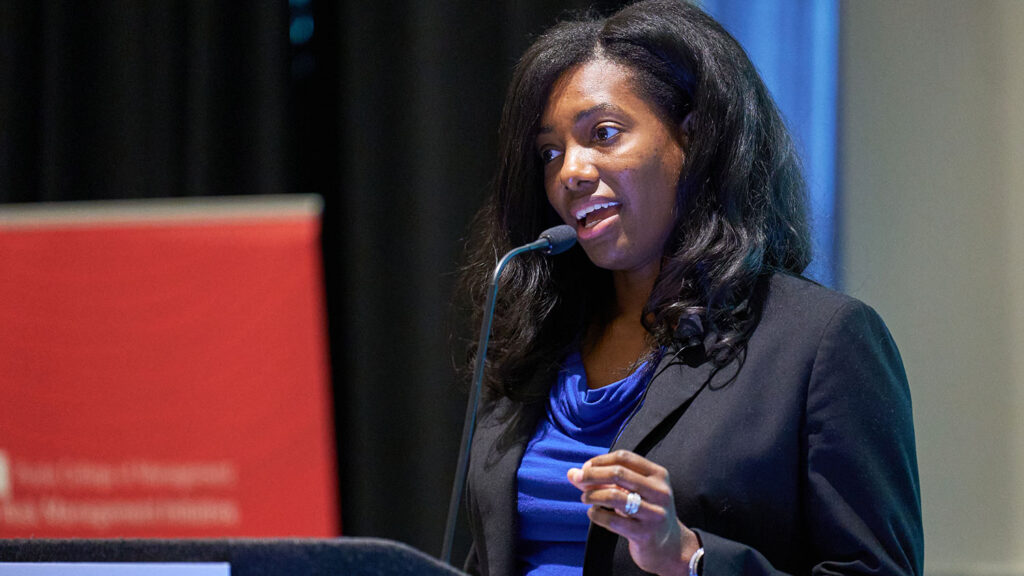
Elona Rusk-Wright, chief risk and compliance officer at Finastra, and Roxane Hamilton, finance director of enterprise risk at The Coca-Cola Company, also presented on lessons learned managing and navigating risk at their respective companies.
After a networking lunch, Charles Follett, principal of consulting firm Business Ingenuity, discussed the hard-to-see nature of culture-related risk, the impact of organizational culture on performance and the power of tapping into “complexity science” to spot these risks.
“Of the top 10 risks that NC State and Protiviti identified in their report, four of them are squarely culture-related – and I could argue that some of the others are also culture-related. But the problem I suggest you have with culture risks is that these risks are harder to see in your organization – and if you can’t see it, you can’t deal with it. You have to be as serious about looking for the stuff you can’t see as you are about the stuff you can see.”
Follett then shared four “moods” leaders should look for in their organization that should clue them into potential internal risks – complacency, arrogance, fear and resentment – and discussed the importance of changing organizational narratives to create synergy in organizations.
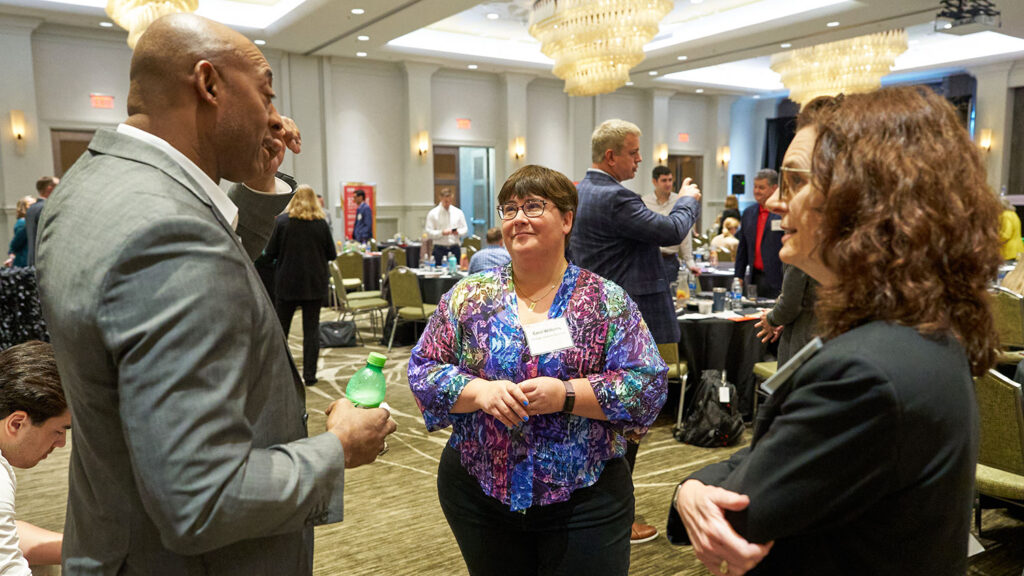
GuideWell Mutual Holding Company’s Whitney Heflin and Lisa Owusu concluded the day’s presentations by sharing techniques they’ve used to facilitate enterprise-wide risk assessments with their executive leaders and develop meaningful strategic insights. One tool GuideWell’s ERM team uses is what is called a pre-mortem.
“We spend about 90 minutes diving deep into particular risks. By using prospective hindsight, we can circumvent confirmation and anchor biases,” shared Owusu, ERM analyst at GuideWell. “You start by naming a specific failure scenario and asking the question, ‘What went wrong?’ as opposed to, ‘What could go wrong?’ and then allow various groups to discuss the causes that led to that risk. We can get amazing results by allowing people to get creative in thinking through potential risks.”
The summit ended with a brief recap from Poole College Dean Frank Buckless.
“This event is a great example of NC State’s approach to Think and Do – to ensure our state-of-the-art research and teaching are informed by decision-makers like you,” Buckless remarked. “You’re well aware of the pace of change and uncertainties and emerging risks that we all have to address. These can disrupt our organizations and core strategy if we’re unprepared to respond. Today’s speakers provided us with practical insights that all of us can use.”
This post was originally published in Poole Thought Leadership.
- Categories:
